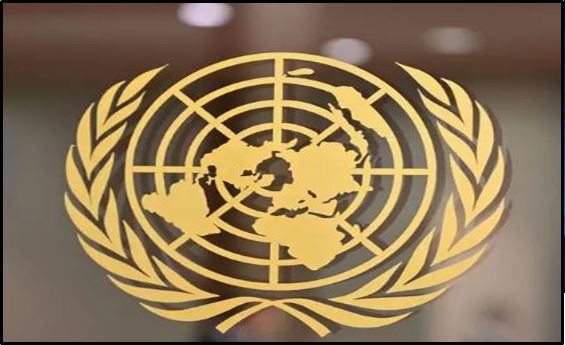United Nations Reforms
News
- United Nations Organization reform is imperative, as highlighted by External Affairs Minister (EAM) S. Jaishankar on Sunday.
- Speaking at a Bengaluru Rotary Institute event, he compared the UN Security Council to an old club, with established members unwilling to admit new members and even less eager to be questioned.
- Observation by EAM on multiple dimensions:
- He made the observation that the UN’s efficacy is declining in the absence of reforms.
- He emphasized that many nations are calling for UN Security Council reforms in order to address the current issues. Additionally, he stated that India is a persistent advocate for reforms on the international scene.
- Speaking about Indo-China relations, the minister stated that China’s noncompliance with border agreements is the reason for the deterioration of bilateral relations between the two nations.
- But he also stated that India wants improved ties with China.
- Regarding India’s goal of becoming a developed nation by 2047, Dr. Jaishankar stated that the goal is attainable because the nation is currently undergoing reforms.
United Nation (UN)
- Definition:
- A global institution known as the UN was established in 1945 and as of December 2023, 193 Member States comprise it.
- The objectives and tenets outlined in its founding Charter serve as the foundation for its mission, which is carried out by its many organs and specialized agencies.
- The organization’s responsibilities involve upholding world peace and security, defending international law, distributing humanitarian aid, defending human rights, and encouraging sustainable development.
- The UN Foundation’s History:
- The International Peace Conference took place in The Hague in 1899 to develop mechanisms for resolving conflicts amicably, averting conflicts, and establishing military regulations.
- It created the Permanent Court of Arbitration, which started operations in 1902, and accepted the Convention for the Pacific Settlement of International Disputes. The UN International Court of Justice had its genesis in this court.
- The League of Nations, which was founded in 1919 as a result of the Treaty of Versailles “to promote international cooperation and to achieve peace and security,” was the precursor to the United Nations. It was conceived during the First World War.
- The Treaty of Versailles also established the International Labour Organization (ILO) in 1919 as a League-affiliated organization.
- United States President Franklin D. Roosevelt is credited with creating the term “United Nations”.
- A declaration known as The United Nations Declaration was signed in 1942 by 26 countries, obliging them to refrain from forging independent peace agreements and promising their governments to fight the Rome-Berlin-Tokyo Axis together.
- The United Nations Conference on International Organization (1945) was held in San Francisco (USA), and representatives from 50 countries signed the United Nations Charter.
- The 1945 UN Charter established the United Nations as an intergovernmental organization.
| Why do we need reforms in the UN?
● P5 and Unbalanced Power: With the ability to veto decisions, the five permanent members (P5) represent the post-World War II geopolitical landscape. It is essential that reform in this area take into account the current global power dynamics. ● Lack of Inclusivity and Representation: More countries, particularly those in Africa and Latin America, should have a stronger voice and more influence in determining international policy, which is why the UN’s decision-making bodies need to be more representative. ● Bureaucracy and Red Tape: The UN’s bureaucratic structures and complex decision-making processes can slow down responses to global challenges. Simplifying administrative processes and cutting red tape would improve the organization’s responsiveness and efficiency. ● Duplication of Work Among Specialized Agencies: The United Nations is home to a large number of specialized agencies, each with distinct missions and funding sources. To increase effectiveness, these agencies’ work must be coordinated in order to reduce duplication and foster better teamwork. ● Financial Stability and Arrears: The United Nations frequently experiences financial instability as a result of member states’ absences in paying their assessed contributions. Arrears should be addressed and member state financial contributions should be guaranteed on time as the main reform priorities. ● The Fair Distribution of Financial Burdens: The methodology used to determine financial contributions to the UN budget needs to be reviewed. There is currently a cap on contributions and it is mostly based on a nation’s gross national income. Some contend that imbalances result from this system’s unfair distribution of the financial burden among the participating nations. |




